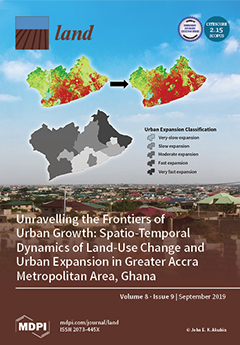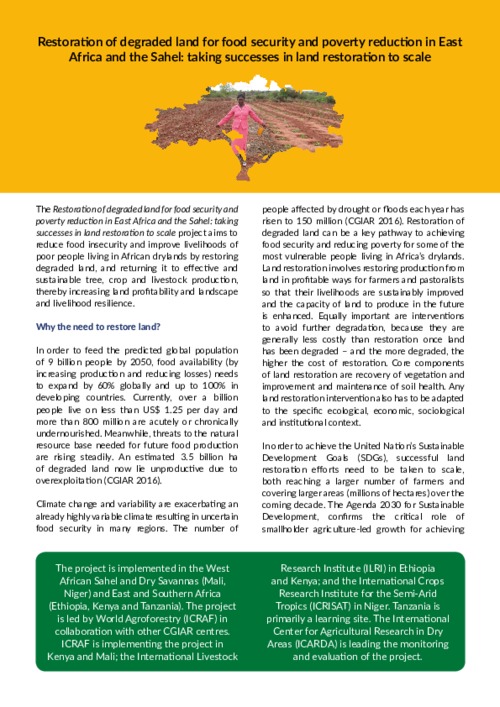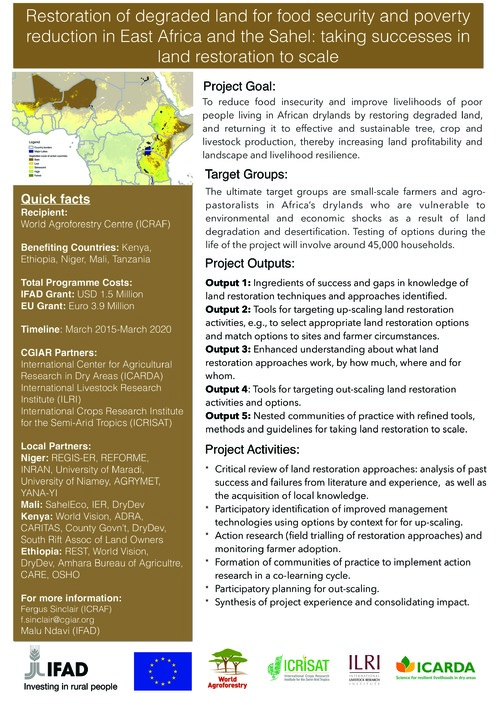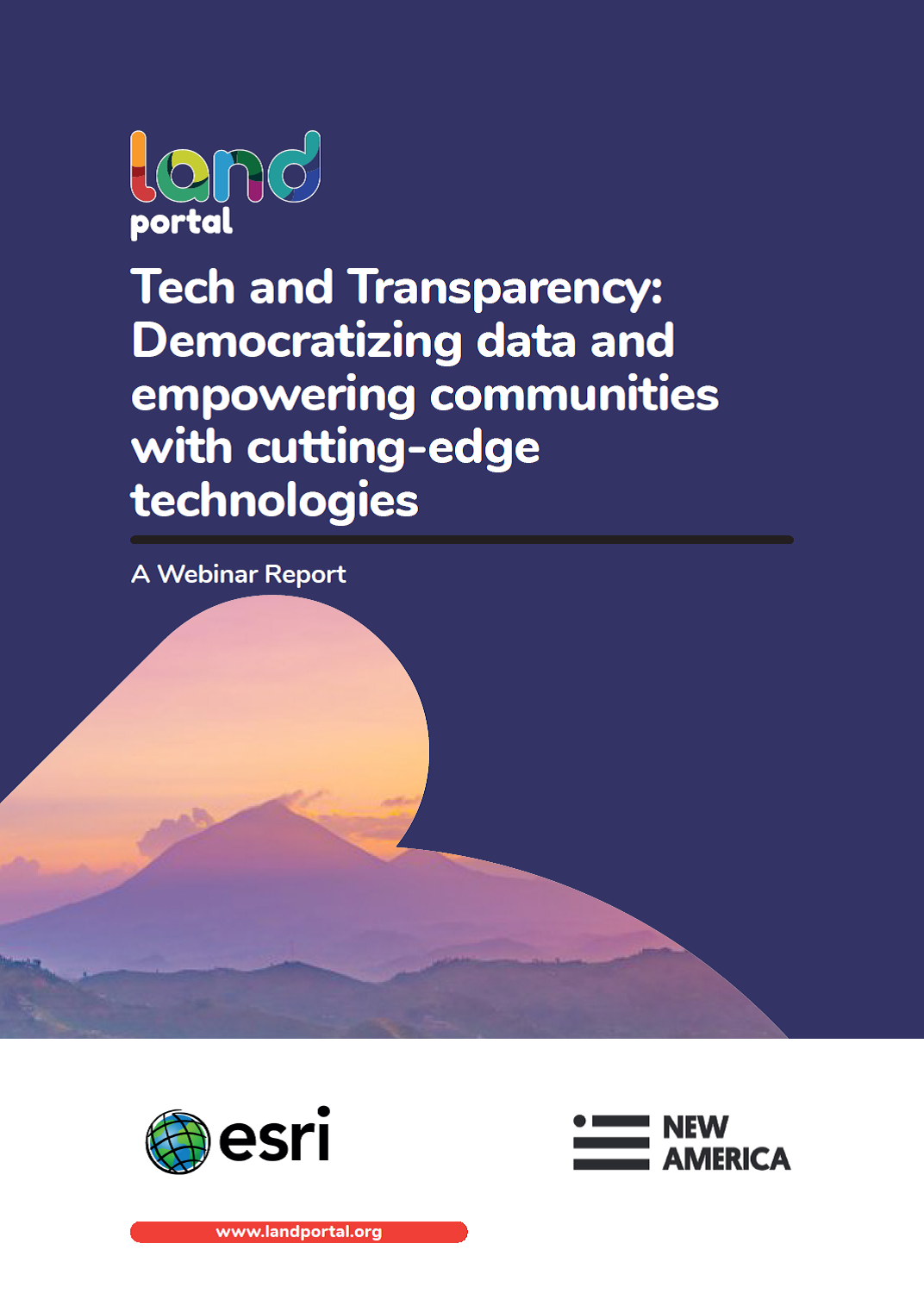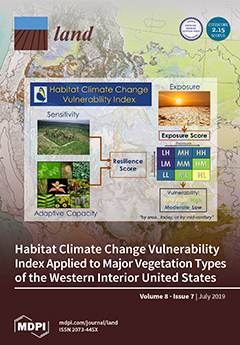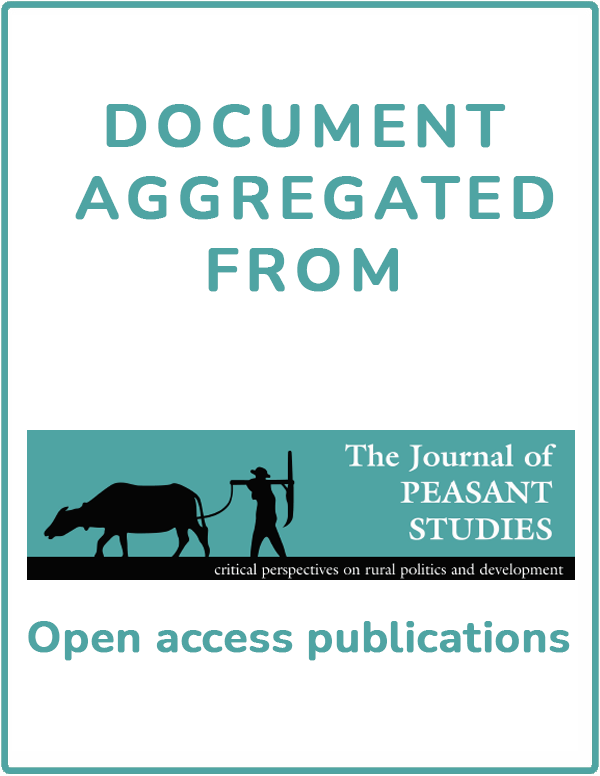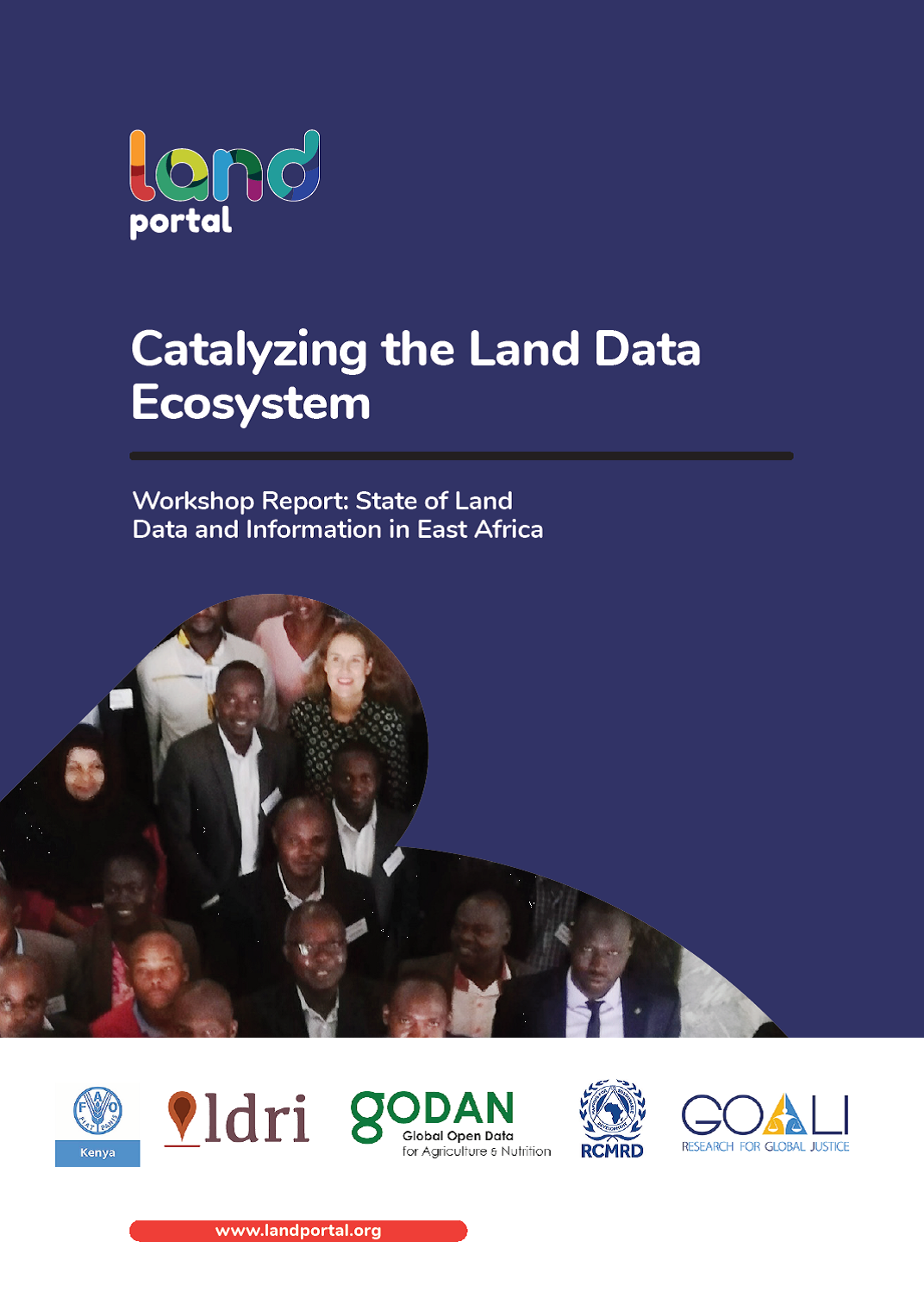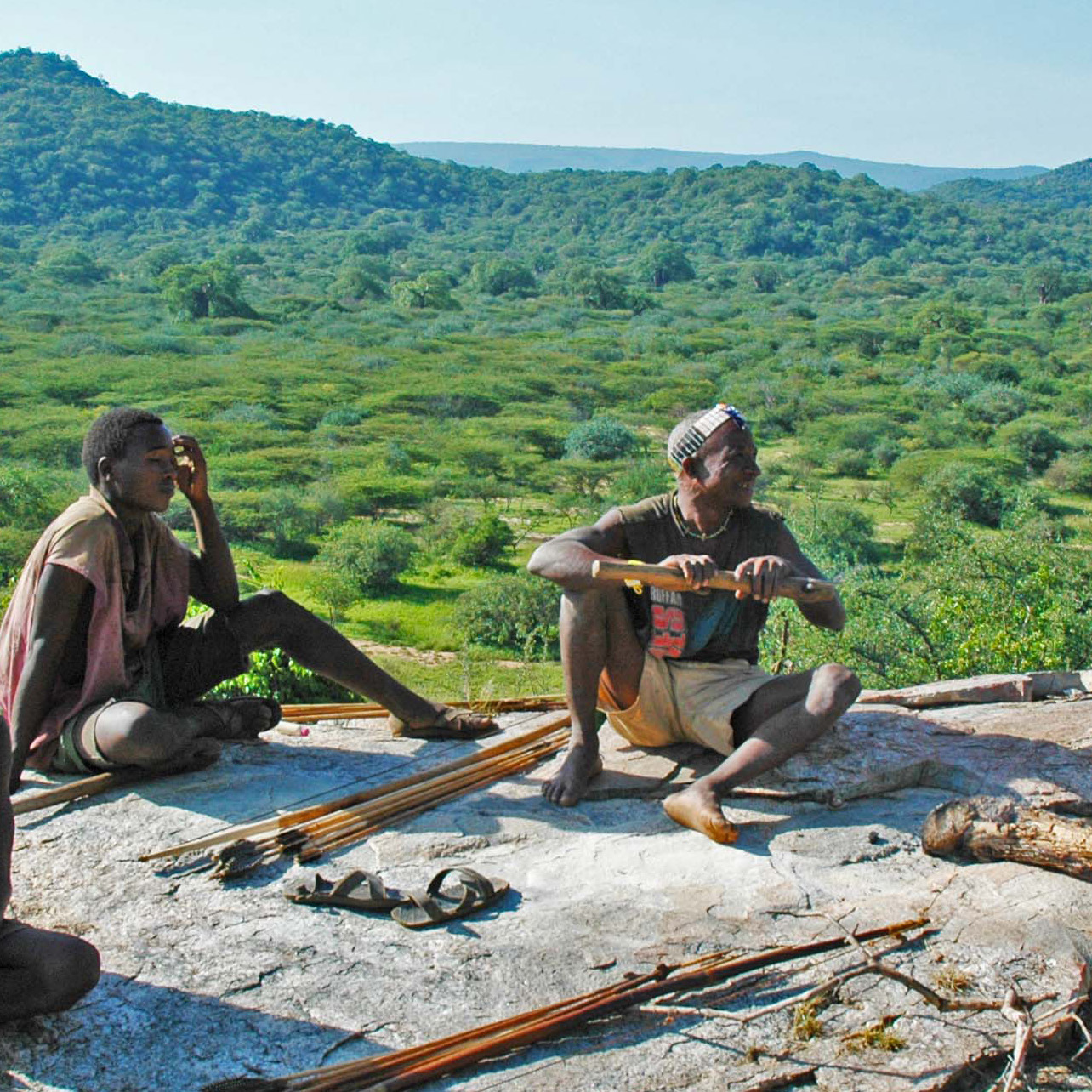Black soldier fly frass fertilizer (BSFFF) is increasingly gaining momentum worldwide as organic fertilizer. However, research on its performance on crop production remains largely unknown. Here, we evaluate the comparative performance of BSFFF and commercial organic fertilizer (SAFI) on maize (…
Land Degradation Neutrality is a new way of approaching land degradation that acknowledges that land and land-based ecosystems are affected by global environmental change as well as by local land use practices. Achieving the target of a land degradation neutral world encourages adaptive…
Anthropogenic activities have substantially changed natural landscapes, especially in regions which are extremely affected by population growth and climate change such as East African countries. Understanding the patterns of land-use and land-cover (LULC) change is important for efficient…
The Restoration of degraded land for food security and poverty reduction in East Africa and the Sahel: taking successes in land restoration to scale project aims to reduce food insecurity and improve livelihoods of poor people living in African drylands by restoring degraded land, and returning…
Restoration of degraded land for food security and poverty reduction in East Africa and the Sahel: taking successes in land restoration to scale project brochure.
lack of transparency in the land and property sector prevents individuals, communities and governments from unlocking the value of the property as an asset, and undermines policies and legal frameworks that aim to provide land tenure security, potentially leading to a misallocation of rights. In…
Recent debates in social anthropology on land acquisitions highlight the need to go further back in history in order to analyse their impacts on local livelihoods. The debate over the commons in economic and ecological anthropology helps us understand some of today’s dynamics by looking at…
This article explores relationships between state, corporate capital and local stakeholders in the political economy of sugarcane from a gender perspective. The findings, based on empirical research at the site of Tanzania’s largest sugarcane producer pre- and post-privatisation, provide…
There is no doubt that the Global Data Revolution has reached the land sector. Government data portals, open access academic journals, community mapping initiatives and other citizen-generated data - there is a palpable positive drive across the world that allows processes such as data…
<strong>Vision </strong>
To become a leading cultural tourism destination in the country for improved livelihoods and memorable visitor experience.
<strong>Mission</strong>
Promote responsible tourism that preserves, respects and is compatiable with the…
This bulletin focuses on land tenure regularisation (LTR), with articles from practitioners to accompany the new LEGEND report <a href="https://landportal.org/library/resources/…




